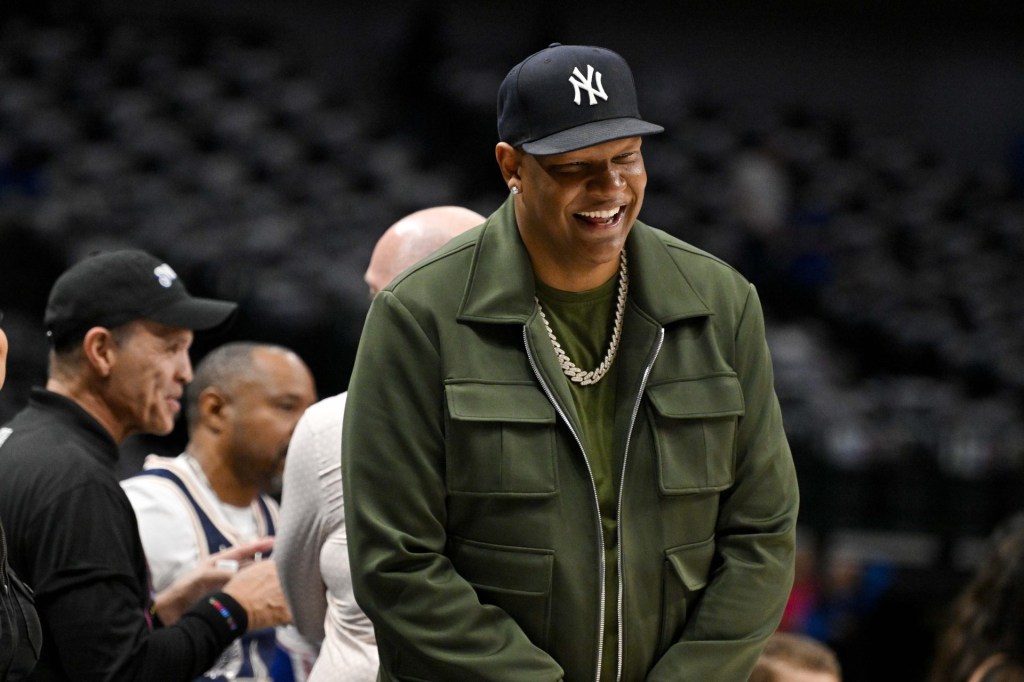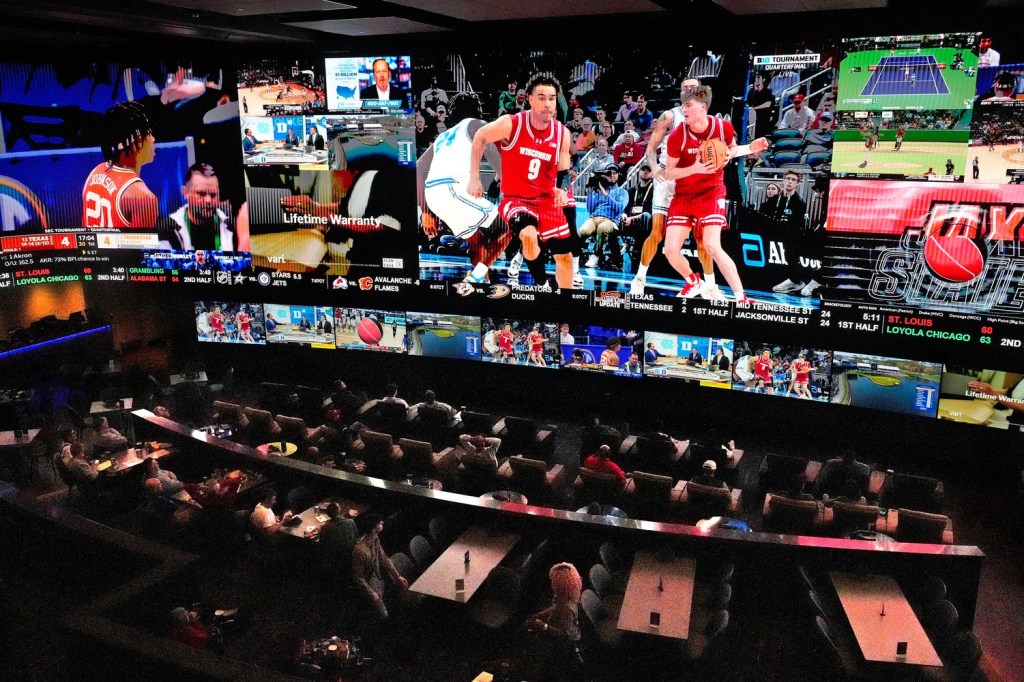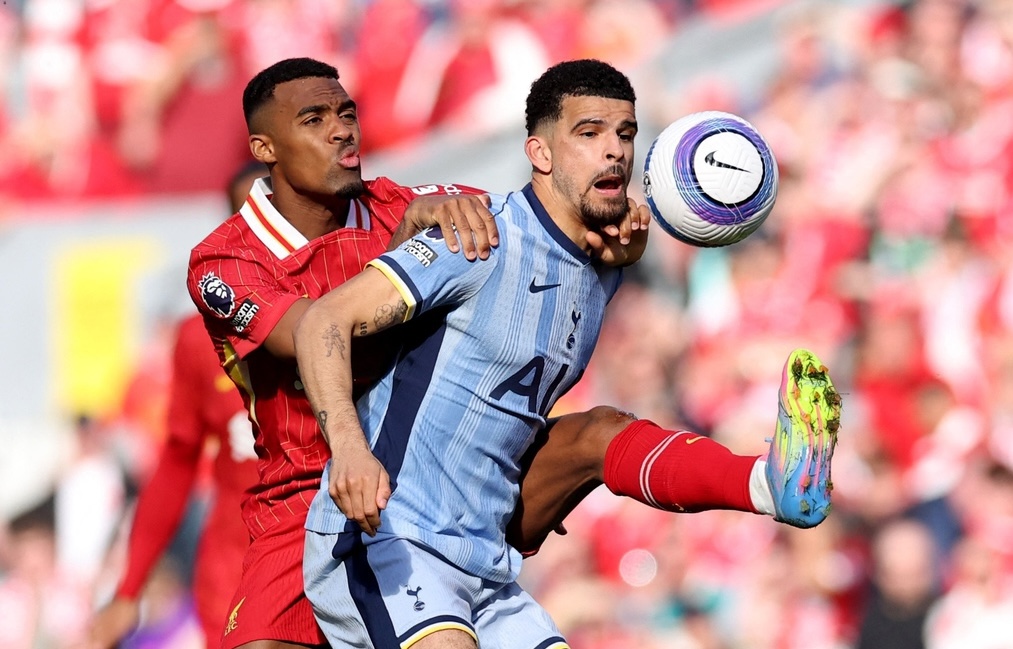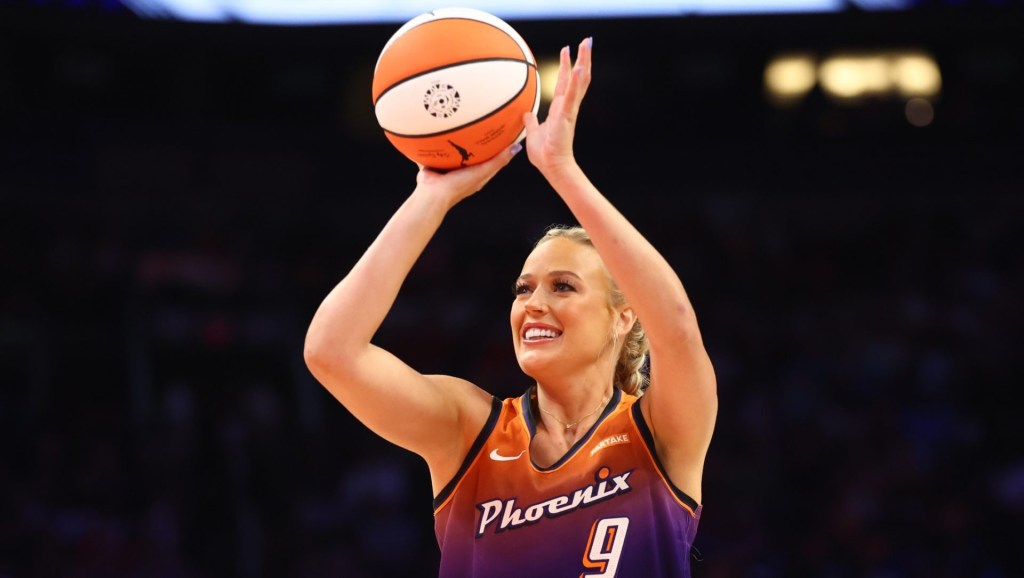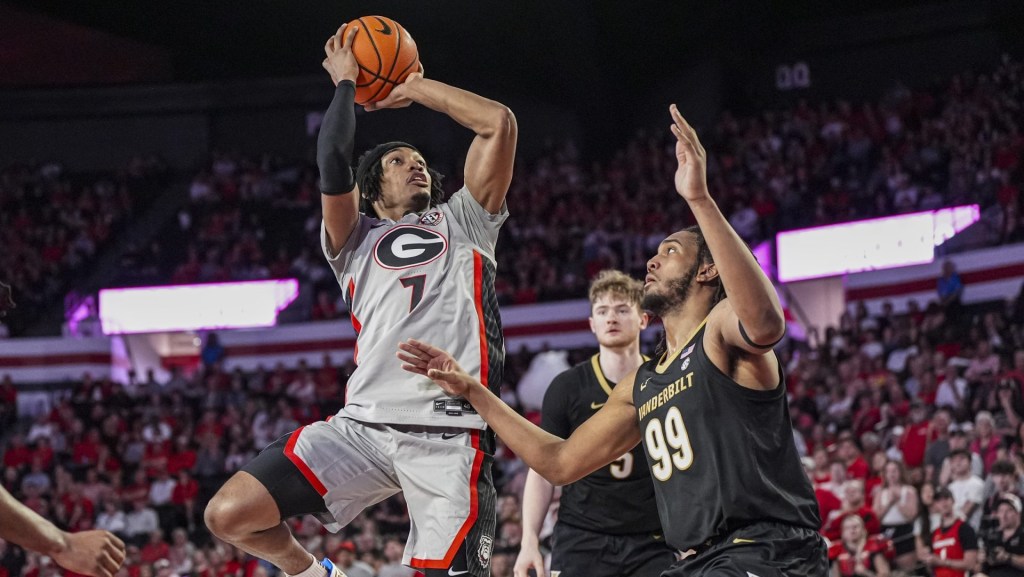When Kurt Benson left his cushy corporate job in 2018 to launch a sports media company, people thought he was crazy. Today, Tidal League is a multimillion-dollar business backed by former professional athletes like ex-NBA players Theo Pinson and Charlie Villanueva.
Benson, who grew up in Zimbabwe and immigrated to Toronto as a freshman in high school, admits he had no idea what he was doing for the first two years after leaving Halifax Partnership, a Canadian nonprofit economic development organization, to form Tidal League. All he knew was that he wanted to start his own business, and that he had some decent connections from his days at Florida-based, sports-focused preparatory boarding school IMG Academy.
By the end of 2019, Tidal League launched its first show: Court-Side Moms, hosted by Wendy Sparks, mother of former NBA center Khem Birch, who interviews moms of other NBA players, including Luka Dončić, Damian Lillard, and Chris Paul. Still, it wasn’t until 2022 that Tidal League got its first real break, when Theo Pinson joined with his Run Your Race podcast. The company’s most popular podcast is Out The Mud, a show hosted by Grizzlies greats Zach Randolph and Tony Allen, which Benson says reached more than 50 million views in its first six months.
“We went from a business that was doing no revenue to—in 2022—we did over $1 million in revenue,” Benson tells Front Office Sports. “So we went from $0 to $1 million in a year.”
Today, Tidal League is an established sports media business that boasts 12 shows, including Pinson’s podcast and Out The Mud; Ready Set Go, a track and field podcast hosted by Olympic gold medalist Justin Gatlin; and To The Baha, a live show that includes Pinson and Villanueva, as well as other former NBA players Raymond Felton and Justin Jackson, and ex-NFL pro bowler Eric Ebron.
Last week, the company announced new investments from Villanueva, Ebron, Jackson, and another NBA veteran, Devonte’ Graham. Financial terms were not disclosed, but Benson tells FOS that the minimum investment is $100,000.
In addition to wanting to expand his investment portfolio—which also includes real estate, a Houston-area restaurant called Kulture, and fintech company Scout—Villanueva says his reason for investing in Tidal League was simple.
“I loved the content they produce,” he tells FOS. “Great team, very professional. I love how they work.”
The podcast industry has experienced explosive growth in recent years, with podcast data provider Podcast Statistics showing that, globally, the industry’s value is expected to reach nearly $40 billion this year, up from about $31 billion last year. That uptick is due to the increasing listenership, which drives ad revenue; according to Podcast Statistics, the number of listeners rose by nearly 7% from 2024.
“As an entrepreneur, it was a no-brainer to invest in a media company,” Villanueva says. “It gives you the opportunity to have ownership in something that comes easy. It’s easy to talk about basketball because we’ve done it.”
The company isn’t done raising money. It’s now in the process of seeking out its first institutional investor, with the aim of amassing $5 million. Because of the support Tidal League has received from its athlete investors, Benson can be patient.
“We’re not in a rush to take the first check we can get,” he says. “We’re trying to qualify the right partner.”
Pinson was the perfect person to help push Tidal League toward becoming a bona fide sports media empire, Benson says. A contributor off the bench across five seasons for the Nets, Knicks, and Mavericks, Pinson says the appeal of Tidal League is that its hosts have the right résumés but don’t come off as being above their listeners.
“We’re regular people,” Pinson tells FOS. “We want to speak for the players, too, so people can get that perspective.”
Villanueva didn’t really know Pinson until he did an episode of Run The Race last year; their careers didn’t overlap. But he quickly learned why people view Pinson as the ultimate teammate.
“He’s very personable, knows his stuff, and you can relate because you both played in the NBA,” Villanueva tells FOS. “He’s a national champion, I’m a national champion. He’s a McDonald’s All-American, I’m a McDonald’s All-American. We can relate with one another. It became a snowball effect and the relationship grew.”

